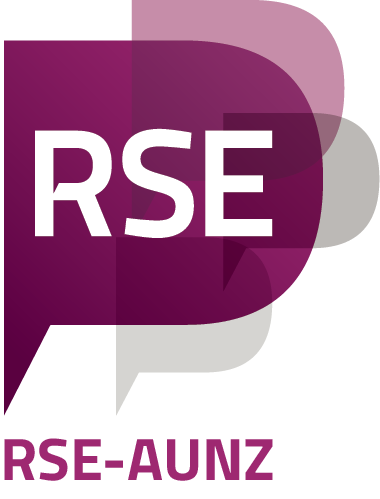Where to submit code / research software for review?
To continue the conversation, members can go to the direct link to the mailing list thread.
Summary of thread
Curated by Paula Andrea Martinez, last updated on 15 May 2023.
| Location to submit code | Domain | Member name | Comments |
|---|---|---|---|
| Bioconductor | Bioinformatics | Rowland Mosbergen | packages review process |
| Journal of Open Source software (theoj.org) | cross-domain | Simon Lewis | Review criteria JOSS General policies |
| ROpenSci | cross-domain | Denisse | Programing language: R, there’s the rOpenSci co-working hours and the slack for questions |
| Astropy Project | Astronomy | Manodeep Sinha | Programing language: Python Instructions to contributing to astropy Guidelines for code |
| sagemath | Mathematics | François Bissey | FAQ contribute |
| nf-core | Bioinformatics | Tyrone Chen | pipeline review |
| Ganga | Particle physics | Ulrik Egede | Programing language: Python Documentation - submit tasks paper |
| The software sustainability Institute (SSI) in the UK, provides a self assessment tool as a questionnaire, called “software Healthcheck” | cross-domain | Paula Andrea Martinez | Example of the process of code review |
| The Journal of Open Research Software - JORS | cross-domain | Paula Andrea Martinez | simple review |
| The Ersilia Model Hub, a repository of AI/ML models | Infectious and neglected disease research | Paula Andrea Martinez | If you want to add your model to their platform it will be reviewed |
| CODECHECK is a process for independent execution of computations underlying scholarly research articles | cross-domain | Paula Andrea Martinez | |
| NeuroLibre : A preprint server for full-fledged reproducible neuroscience | Neurosciences | Paula Andrea Martinez | NeuroLibre is a preprint server for neuroscience Jupyter Books, blending code, visualization and narrative text into one document. NeuroLibre archives the environment, code and data and also implements a technical review to ensure readers can reproduce the work. |
| A public list of resources on code review, rather than services | cross-domain | Paula Andrea Martinez | |
| Monash Data Fluency | cross-domain | Cynthia Huang | Monash University community: can make use of coding drop-in hours. They’re a great way to meet other coders, but also to get feedback about your research software ideas |
| At universities, there’s usually one run by research services or the library | cross-domain | Cynthia Huang | |
| NUMBATS research group | cross-domain | Cynthia Huang | runs an internal bi-weekly “hacky hour”, where we code together and help each other with tricky R problems |
| LAMMPS | Molecular Dynamics | Shern Tee | Code is reviewed |
